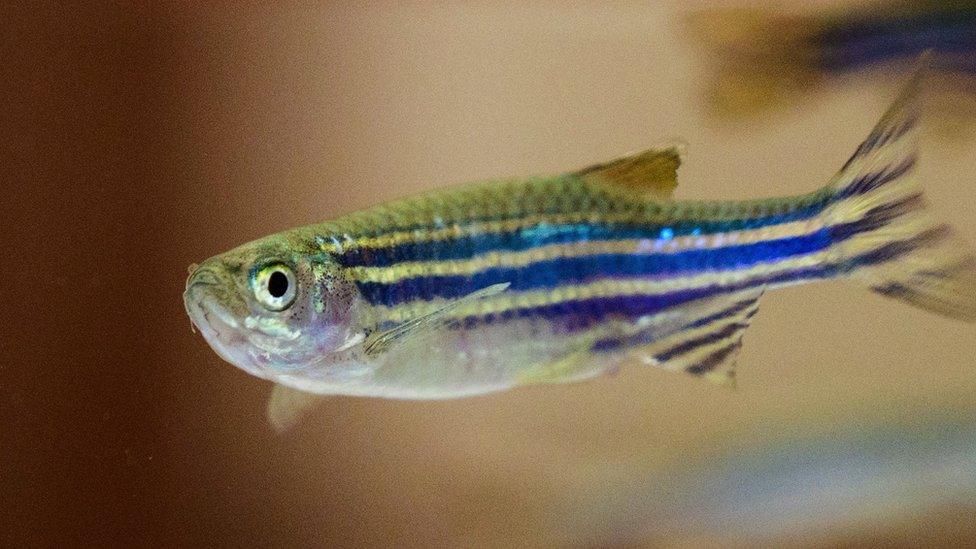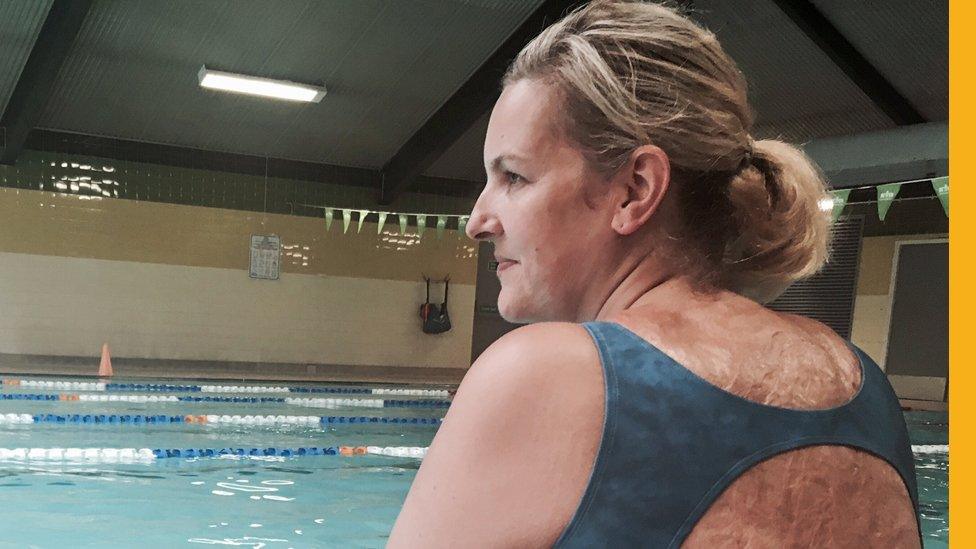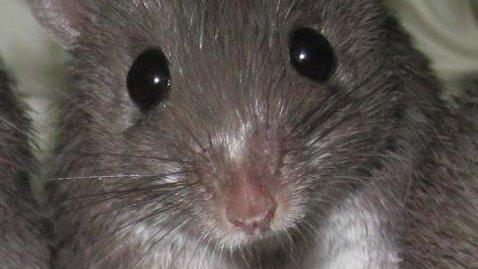University of Bristol leads scarring research project
- Published

The zebrafish has many genetic similarities with humans
A £1.5 million research programme to improve the lives of those affected by scarring is being led by the University of Bristol.
The five-year project will seek to identify the genes that cause scarring to help develop future treatments.
Researchers will study the genetics of zebrafish, which can regrow tissue and repair wounds rapidly.
The study is being funded by The Scar Free Foundation, which described it as "ground-breaking".
It is estimated that 20 million people in the UK have a scar.
The University of Bristol's team of researchers say the findings could be transformative for people in the UK and across the world.
'Life-changing'
Dr Beck Richardson, from the university, said: "Being a part of this exciting project will allow us to study how certain genes influence wound repair and the severity of subsequent scarring.
"Live imaging studies in translucent zebrafish will allow us to see how changes to these genes affects certain cells involved in scarring and gives us an experimental window to watch scars being formed and to identify ways to stop this."
The Scar Free Foundation's mission is to "achieve scar-free healing within a generation and improve the lives of those affected by scarring".
Its chief executive, Brendan Eley, said: "This life-changing research will help us identify which factors cause us all to scar differently, and develop innovative treatments to improve patients' lives.
"Scarring can cause long term emotional and physical problems including pain, itching and loss of movement, requiring the need for frequent operations, skin grafts, cream application multiple times a day and daily physiotherapy.
"We want to find ways of making life easier in the future for the millions of people living with scarring in the UK."

Follow BBC West on Facebook, external, Twitter, external and Instagram, external. Send your story ideas to: bristol@bbc.co.uk , external
- Published14 August 2017

- Published13 March 2014

- Published26 September 2012
